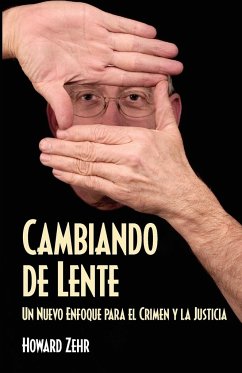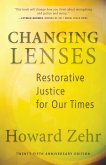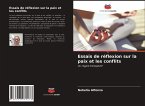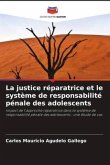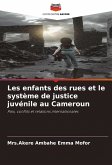Spanish Translation. Crime victims have many needs, most of which our criminal justice system ignores. In fact, the justice system often increases the injury. Offenders are less ignored by this system, but their real needs-for accountability, for closure, for healing-are also left unaddressed. Such failures are not accidental, but are inherent in the very definitions and assumptions which govern our thinking about crime and justice. Howard Zehr proposes a "restorative" model which is more consistent with experience, with the past, and with the biblical tradition. Based on the needs of victims and offenders, he takes into account recent studies and biblical principles. 288 Pages.
Hinweis: Dieser Artikel kann nur an eine deutsche Lieferadresse ausgeliefert werden.
Hinweis: Dieser Artikel kann nur an eine deutsche Lieferadresse ausgeliefert werden.

